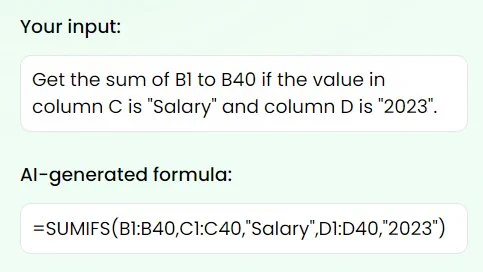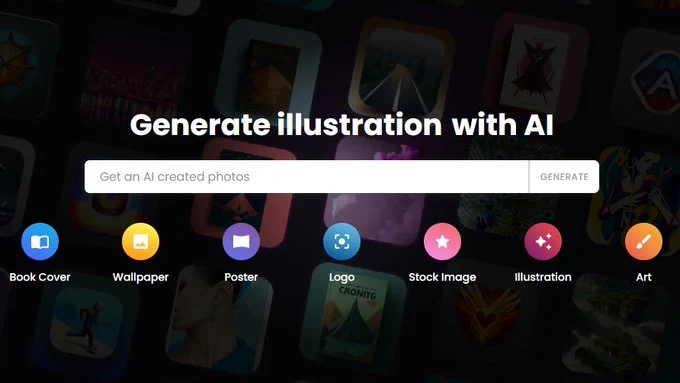10 money lessons I know at 35 that I wish I learned at 25 — Schools won't teach you this so I will:
1) Surround yourself with the right network:
I used to think making $1 million in a year was impossible until I started hanging out with people making $10 million a year.
Wealth is a mindset — Once you change the way you see things, the things you see will start to change.
I used to think making $1 million in a year was impossible until I started hanging out with people making $10 million a year.
Wealth is a mindset — Once you change the way you see things, the things you see will start to change.
2) The best way to become financially free is to become financially literate — Educate yourself on finance and your wealth will grow in abundance.
The wealthy invest in these 4 assets:
• Self-education/Self-improvement
• Businesses
• Real estate
• Stocks
And you should too.
The wealthy invest in these 4 assets:
• Self-education/Self-improvement
• Businesses
• Real estate
• Stocks
And you should too.
3) Never stop investing in yourself:
Your biggest asset is yourself — it's important to invest in your own education, skills, and career.
By investing in yourself, you'll be able to increase your earning potential — which can help you achieve your financial goals faster.
Your biggest asset is yourself — it's important to invest in your own education, skills, and career.
By investing in yourself, you'll be able to increase your earning potential — which can help you achieve your financial goals faster.
4) Your time is more valuable than money:
If you make $20/ hour, a new car isn't $50,000, it's 2,500 hours of your time (or 357 days of work).
By framing purchases in time instead of dollars, you can make better-informed decisions with your hard-earned money.
Money is a tool.
If you make $20/ hour, a new car isn't $50,000, it's 2,500 hours of your time (or 357 days of work).
By framing purchases in time instead of dollars, you can make better-informed decisions with your hard-earned money.
Money is a tool.
5) Who you choose to marry will have significant financial implications on your wealth.
Making the right choice can be incredibly beneficial — but choosing the wrong partner will cost you money, legal fees, time, and peace of mind.
Making the right choice can be incredibly beneficial — but choosing the wrong partner will cost you money, legal fees, time, and peace of mind.
6) The reality of 9 to 5 jobs:
A 9 to 5 job may provide reliable income but it's unlikely to make you very wealthy.
Those who create significant wealth have multiple streams of income, such as investments in real estate, stocks, or businesses.
Money is a tool for the wealthy.
A 9 to 5 job may provide reliable income but it's unlikely to make you very wealthy.
Those who create significant wealth have multiple streams of income, such as investments in real estate, stocks, or businesses.
Money is a tool for the wealthy.
7) The Car Payment Trap:
A car is a depreciating asset that loses value over time — and purchasing an expensive car can be a poor financial decision for many.
Rule of thumb — If the cost of your car payment exceeds the value of your credit score, reconsider your purchase.
A car is a depreciating asset that loses value over time — and purchasing an expensive car can be a poor financial decision for many.
Rule of thumb — If the cost of your car payment exceeds the value of your credit score, reconsider your purchase.
8) Invest as early as possible:
Investing early will help you take advantage of compound interest.
The longer you invest your money, the more time it has to grow.
By reinvesting your returns, your money grows at an exponential rate, rather than just a linear rate.
Investing early will help you take advantage of compound interest.
The longer you invest your money, the more time it has to grow.
By reinvesting your returns, your money grows at an exponential rate, rather than just a linear rate.
9) The power of passive income:
Passive income is income you earn without actively working for it — This includes rental income, dividends from stocks, or sales from courses or ebooks.
Use your salary to invest in passive income, so that passive income replaces your salary.
Passive income is income you earn without actively working for it — This includes rental income, dividends from stocks, or sales from courses or ebooks.
Use your salary to invest in passive income, so that passive income replaces your salary.
10) Live below your means:
One of the most important keys to building wealth is living below your means — This means spending less than you earn & investing the difference.
Many millionaires are wealthy because they invest their money — not spend it on unnecessary things.
One of the most important keys to building wealth is living below your means — This means spending less than you earn & investing the difference.
Many millionaires are wealthy because they invest their money — not spend it on unnecessary things.
Schools won't teach you how to build wealth, so I will. These threads take time to write so if you found it helpful, please:
• RT the FIRST tweet to share🔁
• Follow me @FluentInFinance for more
• Sign-up for my newsletter to learn more about money: !TheMoneyNewsletter.com
• RT the FIRST tweet to share🔁
• Follow me @FluentInFinance for more
• Sign-up for my newsletter to learn more about money: !TheMoneyNewsletter.com
👋 If you liked this post, you'll enjoy my weekly newsletter too! ― Join 40,000 readers and subscribe at: !TheFinanceNewsletter.com
• • •
Missing some Tweet in this thread? You can try to
force a refresh

 Read on Twitter
Read on Twitter





